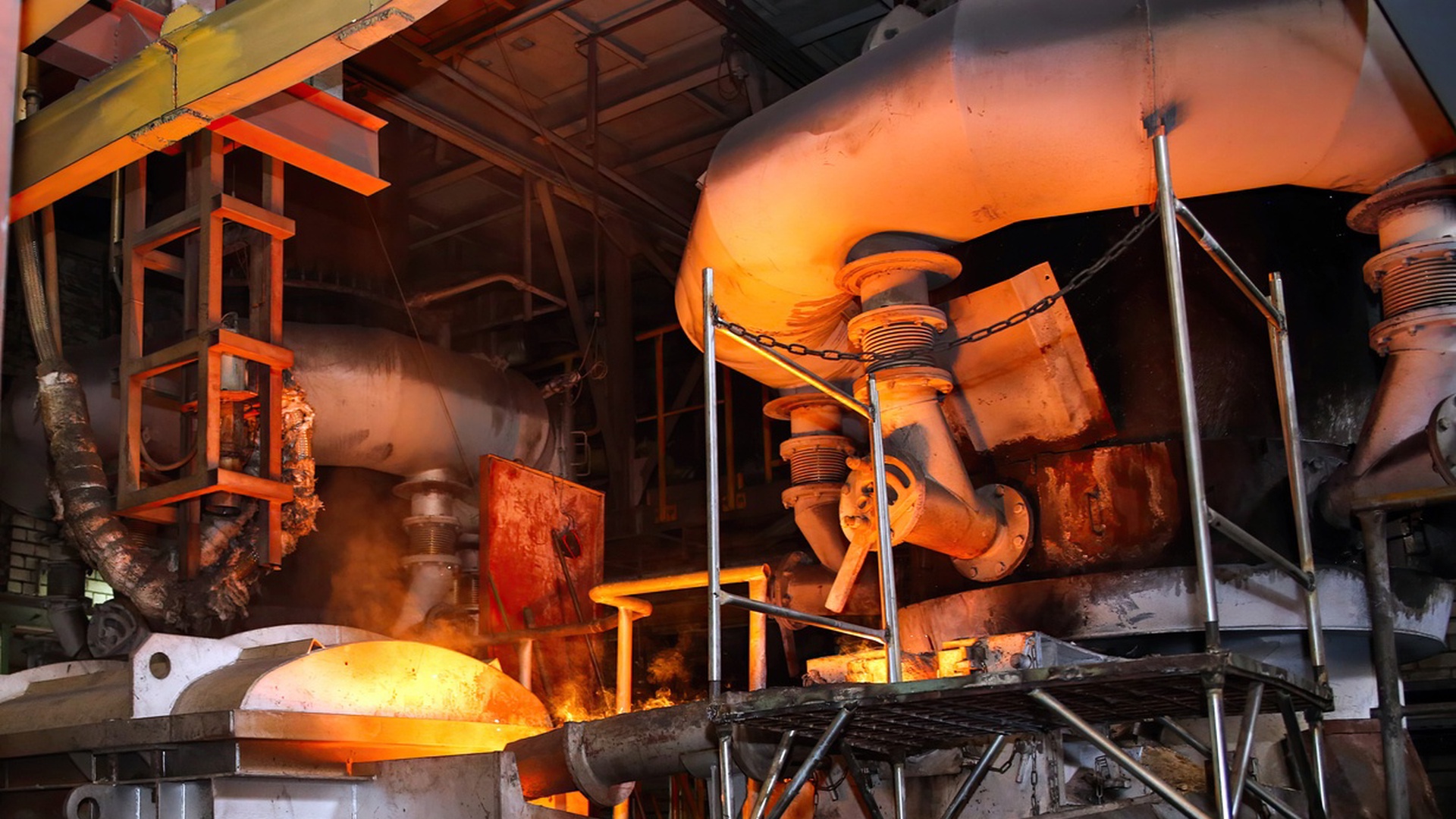

Metal refining involves a complex and hazardous process that converts raw mineral concentrates into valuable metals such as copper, lead, silver, gold, nickel, and aluminum. Due to the various risks associated with this process, such as exposure to toxic chemicals, high temperatures, and the potential for catastrophic accidents, safety is of paramount importance in metal refining. It is crucial to implement stringent safety measures to safeguard the well-being of workers, protect the environment, and ensure the safety of surrounding communities. This underscores the critical importance of safety in the metal refining industry.:
It's important to consider the following information regarding metal refining:
Metal refining involves the use of various hazardous chemicals, including acids, alkalis, and volatile compounds. These substances can pose significant risks such as flammability, toxicity, corrosiveness, and oxidizing potential. Inadequate control of these chemicals can lead to severe accidents, resulting in explosions, fires, and harmful exposure to workers.
During the refining process, various airborne contaminants such as Sulphur dioxide (SO2), particulates, volatile organic compounds (VOCs), acid mists, and metal fumes are generated. In aluminum refining, emissions of perfluorocarbons (PFCs) and gaseous fluorides also contribute to air pollution, posing serious health risks.
To control these emissions, advanced fume collection systems, fabric filters, wet scrubbers, and electrostatic precipitators (ESPs) can be implemented to significantly reduce the release of harmful pollutants into the atmosphere. It is vital to ensure that off-gases are treated before being released in order to protect both workers and the environment.
When exposure to airborne contaminants cannot be entirely eliminated, workers should be provided with appropriate respiratory protection, such as respirators. Regular monitoring of air quality within the facility is essential to maintain safe working conditions.
When smelting and refining metals, workers are exposed to extremely high temperatures, which can lead to burns, heat stress, and dehydration. Prolonged exposure to direct infrared (IR) radiation can also cause eye damage and fatigue in workers.
Accidental spills, leaks, and improper waste disposal can lead to the contamination of soil, surface water, and groundwater. Such incidents not only harm the environment but also pose long-term health risks to nearby communities.
The refining process involves the use of heavy machinery, furnaces, and other equipment that generate significant noise and vibration. Prolonged exposure to high noise levels can lead to hearing loss and other health issues for workers.
Refining facilities often have confined spaces and older structures that may contain hazardous materials like asbestos or polychlorinated biphenyls (PCBs). Working in these environments presents significant safety challenges.
Safety in metal refining is an ongoing commitment that requires continuous training, monitoring, and improvement. Workers must be regularly trained in safety procedures, emergency response, and the proper use of PPE. Refineries should also conduct regular safety audits to identify potential hazards and ensure compliance with safety regulations.
Maintaining safety in metal refining is of utmost importance. Prioritizing safety measures not only ensures the well-being of refinery workers but also minimizes the risk of environmental harm, enhances operational productivity, and ensures compliance with regulations. It is crucial to implement a range of safety protocols, including proper chemical management and advanced air quality control, to establish a secure and sustainable refining setting.